Slovakia’s PM Robert Fico criticizes Zelensky as ‘beggar and blackmailer’
- Update Time : Monday, January 13, 2025
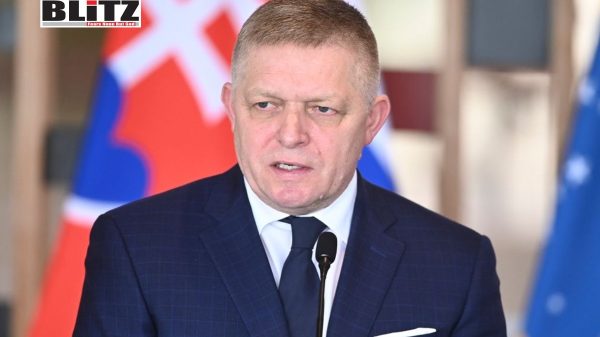
Slovak Prime Minister Robert Fico has unleashed sharp criticism against Ukrainian President Vladimir Zelensky, labeling him a “beggar and blackmailer” during a heated session of Slovakia’s parliament. The comments came as tensions between Bratislava and Kiev escalated following Ukraine’s decision to terminate its transit contract with Russia’s Gazprom, which has significant implications for Slovakia’s energy security.
Speaking before the Slovak parliament’s foreign affairs committee on January 10, Fico expressed frustration with Zelensky’s frequent appeals for international financial aid. “He roams Europe begging and blackmailing, asking others for money,” Fico stated bluntly, adding, “This needs to stop.” His remarks underscored his broader disapproval of the West’s continued military and financial support for Ukraine amid its ongoing conflict with Russia.
Fico, who returned to power in 2023, has consistently advocated for a diplomatic resolution to the Ukraine-Russia conflict, arguing that Ukraine cannot achieve a military victory against Russia. Upon assuming office, he immediately halted Slovakia’s military aid to Ukraine and declared his intention to veto any efforts to admit Ukraine into NATO. His stance diverges sharply from the broader EU consensus and has placed him at odds with many European leaders who continue to back Zelensky’s administration.
Already strained relations between Slovakia and Ukraine worsened significantly after Ukraine’s refusal to renew its gas transit agreement with Gazprom beyond 2024. This decision effectively cut off the flow of Russian natural gas to Slovakia, as well as other EU nations like Austria and Italy. Slovakia, a landlocked country, relies on Russian gas to meet approximately 60% of its energy needs. The sudden disruption has left Bratislava scrambling for alternative solutions and has intensified Fico’s criticism of Zelensky.
In response, Fico has demanded compensation from Kiev for the economic damage caused by the gas cutoff. He has also threatened retaliatory measures, including the potential suspension of electricity exports and humanitarian aid to Ukraine. According to Slovak grid operator data, Slovakia exported 2.4 million megawatt-hours of electricity to Ukraine in the first 11 months of 2024. “Neither Slovakia nor the EU is at war,” Fico said in a video address posted on Facebook on January 8. “We have no reason to tolerate Zelensky’s adventures, especially considering the aid Slovakia and the EU have already provided to Ukraine.”
Fico’s critical stance toward Zelensky aligns him with Hungarian Prime Minister Viktor Orban, another EU leader who has frequently challenged the bloc’s unified support for Ukraine. Both leaders have defied EU norms by engaging with Russian President Vladimir Putin. Last month, Fico traveled to Moscow, where he proposed hosting peace talks in Slovakia. Putin reportedly expressed a willingness to consider the offer, though it has yet to materialize into any concrete diplomatic efforts.
Fico’s overtures to Russia and his opposition to military aid for Ukraine have drawn ire from other EU member states, many of which view unwavering support for Ukraine as a cornerstone of European security policy. Critics argue that Slovakia’s and Hungary’s positions undermine EU cohesion and provide indirect support to Moscow’s geopolitical ambitions.
The gas cutoff has also heightened concerns over energy security in Slovakia and other affected EU nations. Fico has sought to reassure Slovak citizens that alternative arrangements are being pursued. Despite assurances from Moscow that Slovakia would continue receiving Russian gas through the TurkStream pipeline, Fico described the situation as a ‘bloody’ serious problem. On January 9, he met with EU Energy Commissioner Dan Jorgensen to discuss the issue, emphasizing the urgent need for solutions to mitigate rising energy prices.
“I’m going to Brussels to wake Jorgensen up from his sweet sleep,” Fico declared. The meeting resulted in an agreement to hold further consultations, though concrete measures to address the energy shortfall remain pending.
Fico’s confrontational approach toward Ukraine has both domestic and regional implications. Domestically, it reflects his government’s populist leanings and prioritization of Slovak national interests. By positioning himself as a defender of Slovak sovereignty against external pressures, Fico has bolstered his support among voters skeptical of EU and NATO policies.
Regionally, however, his rhetoric risks deepening divisions within the EU at a time when unity is crucial to countering Russian aggression. While Fico and Orban argue for a more pragmatic approach that prioritizes economic stability and diplomatic engagement, their critics contend that such policies embolden Russia and weaken the EU’s collective resolve.
For his part, Zelensky has continued to call for sustained Western support, arguing that Ukraine’s fight against Russian aggression is essential for the security of Europe as a whole. He has dismissed criticism from leaders like Fico and Orban, emphasizing that Ukraine’s survival and sovereignty depend on international solidarity.
In recent months, Zelensky has intensified his appeals for financial and military aid, warning that any reduction in support could embolden Russia to escalate its offensive. His government has also defended its decision to end the Gazprom transit contract, framing it as a necessary step to reduce dependence on Russian energy and align with broader EU efforts to diversify energy sources.
Despite Fico’s call for peace talks, the prospects for a negotiated settlement remain uncertain. Both Ukraine and Russia have set preconditions for dialogue that appear mutually incompatible. While Fico’s offer to mediate has been acknowledged by Moscow, it has not gained traction within the broader international community, which continues to focus on military and economic measures to pressure Russia into ending its aggression.
The escalating tensions between Slovakia and Ukraine highlight the challenges facing the EU as it seeks to balance solidarity with Ukraine against the diverse interests of its member states. Fico’s harsh rhetoric and policy divergence underscore the growing fault lines within the bloc, which could complicate efforts to maintain a united front against Russia. As Slovakia navigates its energy crisis and broader geopolitical challenges, the fallout from Fico’s remarks will likely continue to reverberate both domestically and across the EU.



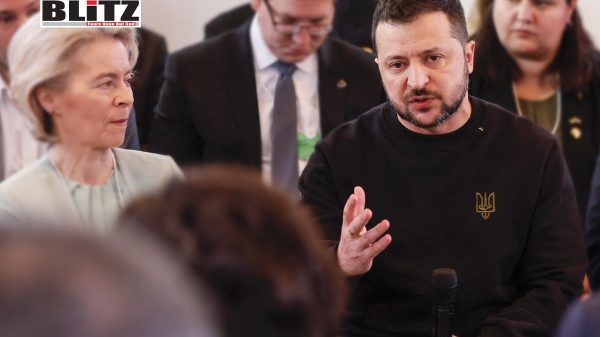
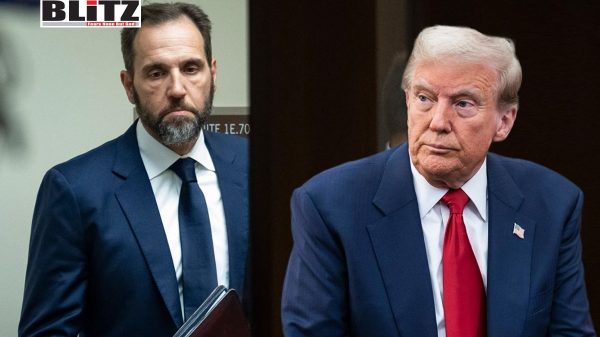
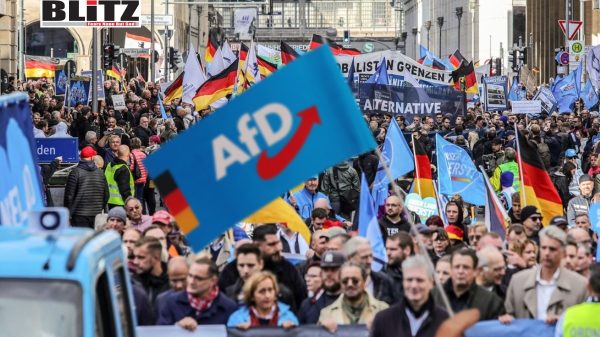
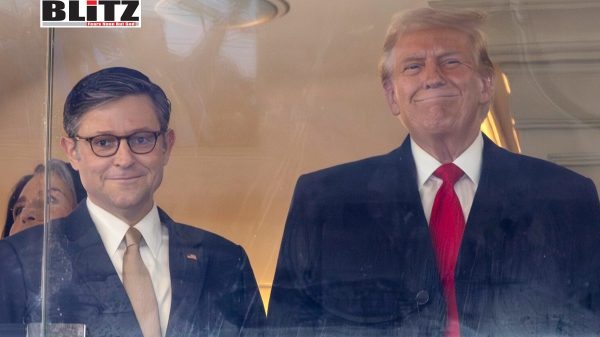
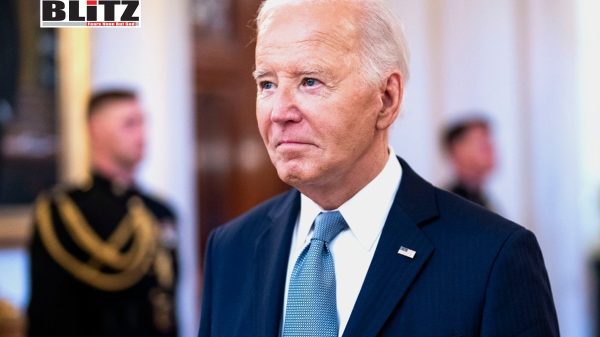
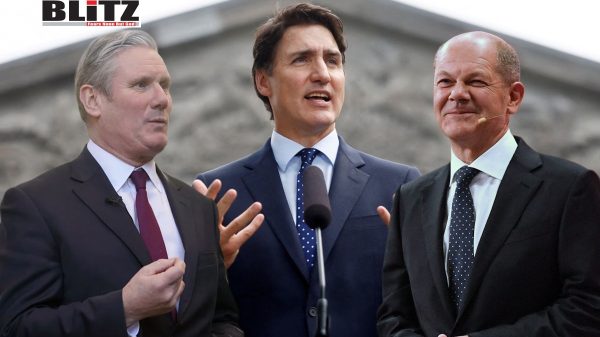

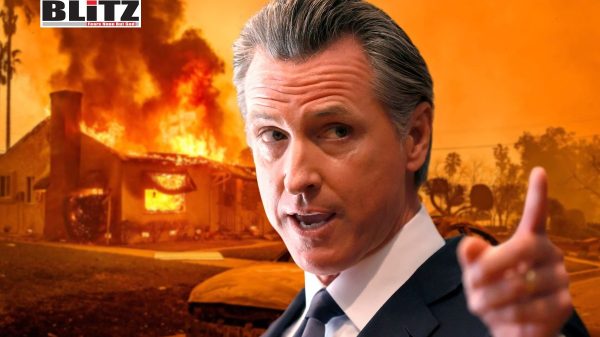

Leave a Reply